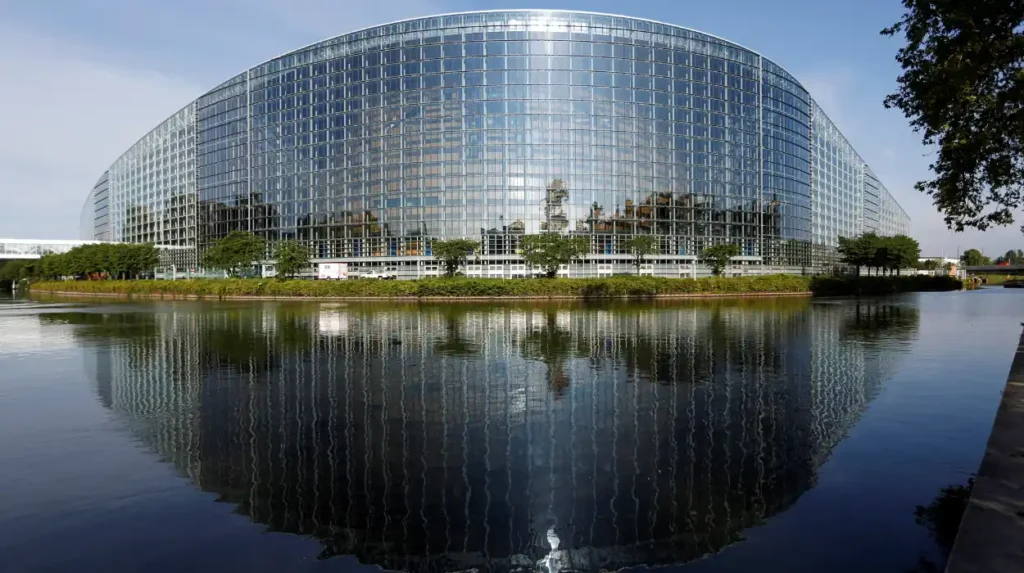Lobbying plays a critical role in shaping European Union policies, yet transparency challenges have persisted, particularly concerning the under-reporting of lobbying expenditures. As EU climate policies and regulatory reforms escalate, scrutiny of lobbying activities intensifies. Effective transparency is vital to maintain democratic integrity, prevent undue influence, and uphold public trust in policymaking processes. This article exhaustively explores the ongoing efforts and challenges in increasing lobbying transparency within the EU, the new regulatory frameworks, and the implications for all stakeholders involved.
The Growing Importance of Lobbying Transparency in the EU
Lobbying influences a wide array of EU decisions—from environmental regulations to digital governance. Ensuring transparency helps guarantee that policymakers receive unbiased information and that lobbying activities are conducted fairly and openly. According to the Organisation for Economic Co-operation and Development (OECD), transparency in lobbying fosters good governance and strengthens democratic processes globally.
Despite a mandatory Transparency Register introduced in 2021, a significant volume of lobbying expenditures remains under-reported. This opacity undermines public confidence and fuels narratives of secretive influence peddling.
Regulatory Frameworks Advancing Transparency
Recently adopted, the 2025 EU Transparency Directive expands transparency obligations to lobbyists from both EU member states and third countries. It mandates that entities representing foreign interests or operating across multiple countries register with national transparency platforms interconnected via a centralized EU portal. This system facilitates public access to comprehensive data about lobbying actors, their funding, and targeted policy areas.
The directive aligns with recommendations from international watchdogs and enhances accountability by enabling journalists, NGOs, and other stakeholders to cross-verify lobbying claims. Importantly, the directive covers indirect lobbying activities, including public hearings, media campaigns, and social media influencer engagement, reflecting the evolving nature of interest representation.
Interinstitutional Agreement on Transparency
The EU’s interinstitutional agreement established a mandatory transparency register requiring interest representatives to disclose their identities, financial resources, and specific activities when engaging with EU institutions the Parliament, Council, and Commission. Adopted in 2021 with overwhelming support, this agreement formalizes procedures and standards to eliminate previous gaps caused by voluntary registration.
In addition, from December 2024, approximately 1,500 EU Commission officials in managerial roles must publish detailed records of their lobbying meetings, including arguments and outcomes, further reinforcing open governance.
Challenges in Implementation and Enforcement
The success of transparency reforms depends on effective cooperation between EU institutions and member states. Key challenges include ensuring adequate resources for oversight bodies, harmonising definitions and data standards across different national registers, and balancing transparency with administrative burdens, especially for smaller civil society organisations.
Additionally, maintaining the impartiality of regulatory authorities is critical to prevent political misuse of transparency tools. Vigilance against attempts to circumvent rules by relocating lobbying activities to less regulated jurisdictions is another ongoing hurdle.
Impacts on Lobbying Strategies
With enhanced regulatory scrutiny and public access to lobbying data, interest groups have recalibrated their approaches. Corporate lobbyists now invest more heavily in early-stage engagement, thorough documentation, and coalition-building to safeguard and influence policy outcomes within higher transparency thresholds.
At the same time, environmental NGOs and advocacy groups leverage transparency gains to mobilize public opinion and back political initiatives promoting ambitious climate goals.
The Role of Digital Communication in Lobbying Transparency
Modern lobbying increasingly involves digital platforms, social media, and online campaigns. The transparency frameworks acknowledge this by requiring disclosure of influencer marketing, digital surveys, and online public consultations. Ensuring this dimension is covered addresses concerns about covert or manipulative online influence operations, safeguarding democratic discourse in the digital era.
Transparency in EU lobbying, particularly in spending reporting, is crucial for a healthy, fair policymaking environment. The 2025 EU Transparency Directive and existing agreements represent meaningful progress towards greater openness, accountability, and public trust. However, ongoing challenges necessitate robust enforcement and stakeholder cooperation.
As lobbying becomes more complex and cross-border, transparency mechanisms must evolve accordingly, incorporating digital communication forms and third-country engagement. Only with comprehensive, interoperable measures can the EU ensure its democratic processes withstand opaque influences and remain responsive to citizens’ interests.







